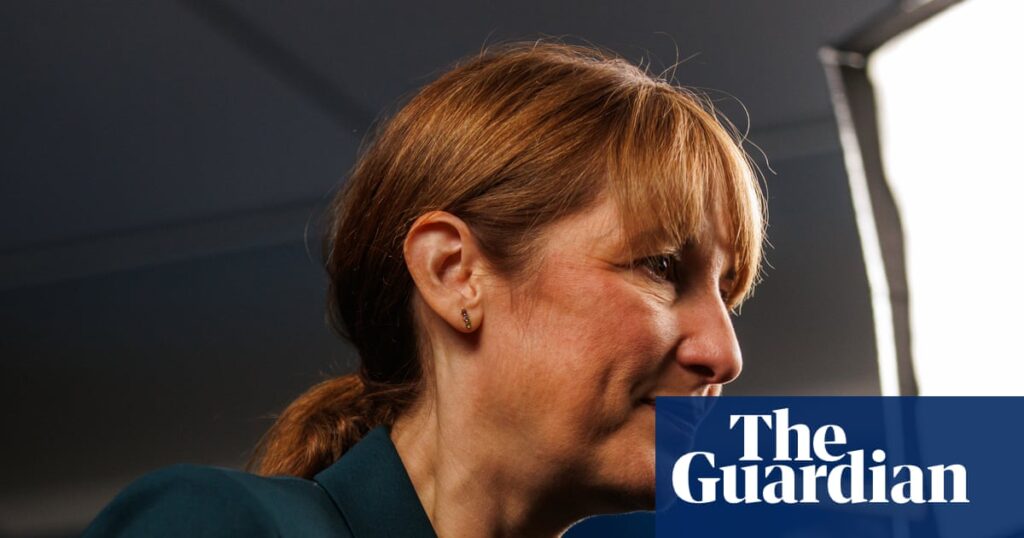Rich people quitting the UK could be required to pay a 20% tax on their business assets as part of plans reportedly being considered by the chancellor, Rachel Reeves.
The Treasury has drawn up plans for a “settling-up charge” on assets; a move that would bring the UK into line with most other G7 nations and raise a predicted £2bn for the public coffers, according to the Times.
While expat status does not provide an exemption from 20% capital gains tax on the sale of UK property and land valued at £6,000 or more, it does on the sale of some other assets, such as shares in many companies.
Under the new plans, the 20% charge would be levied on the value of these assets when exiting the country.
A government source said the settling-up charge was one of several tax options being modelled by the Treasury before the budget – but stressed that no decisions had been taken.
In not already having such a tax on the books, the UK is “something of an outlier”, an expert told the Times.
James Smith, the research director at the Resolution Foundation thinktank, said: “The idea would be that if someone decides to leave the country and relocate to a low-tax jurisdiction they would have to pay tax on any asset ‘gains’, like shareholdings, that remained in the UK.
“This would be different from the situation at the moment where, if someone relocates to somewhere like Dubai, for example, they can sell off their UK assets after they have left the country and not be liable for any UK capital gains tax.
“The risk, of course, is that if you announce it and don’t bring it in immediately then it could lead to capital flight, as people try to leave the country before it comes into effect. But there are ways in which it could be brought in immediately.”
The scheme would reportedly allow people to delay payment of the charge for several years if they did not want to liquidate their assets immediately.
The Times said it was likely to be combined with a policy that would stop capital gains tax being payable on profits people made from investments before arriving in the UK. Tax experts said this would ensure the resulting tax treatment was “fair and symmetrical” and could also encourage investors to relocate to the UK.
The Treasury declined to comment.


